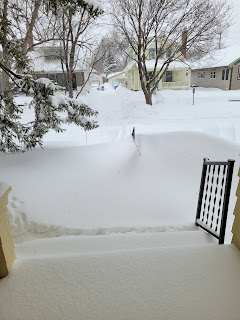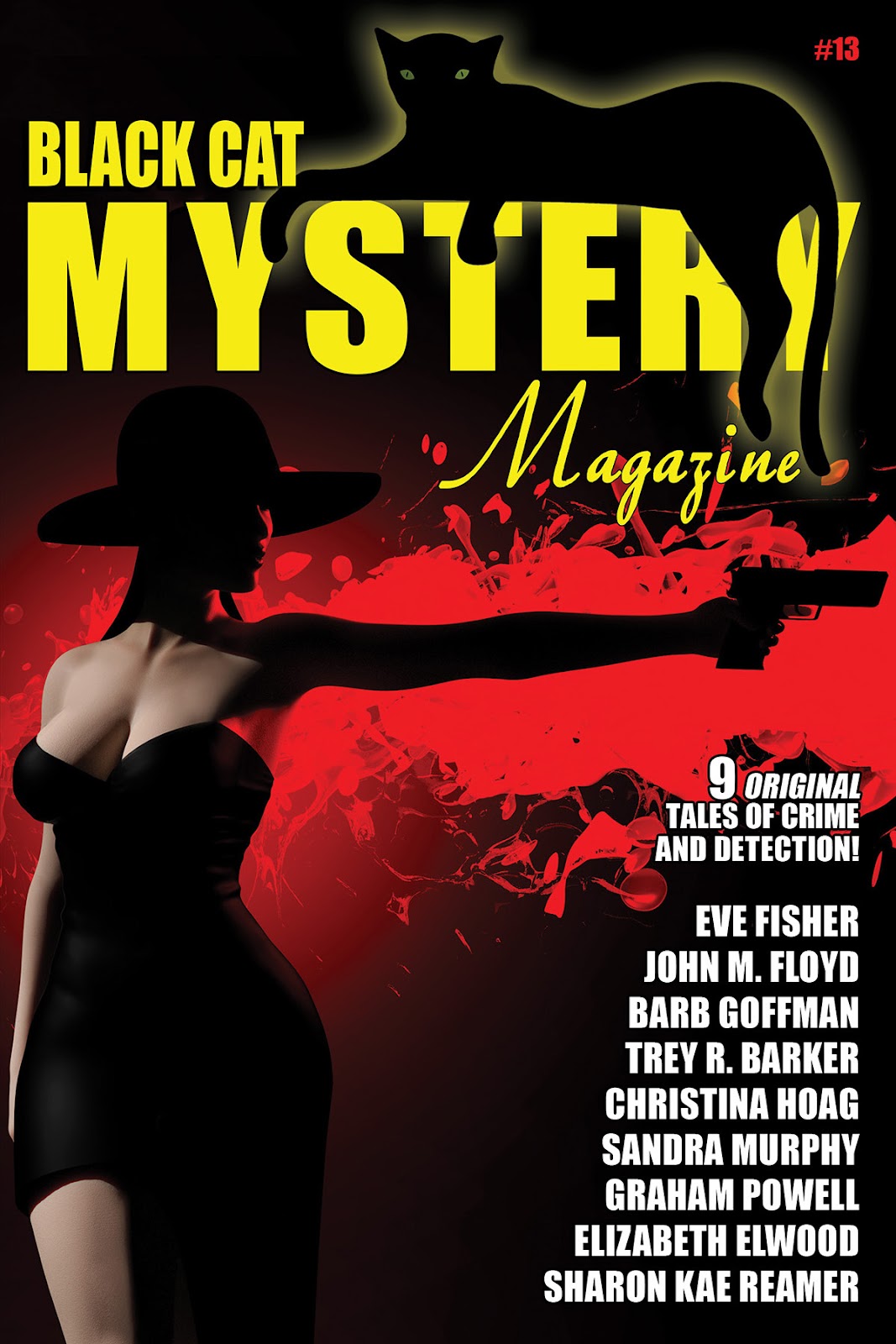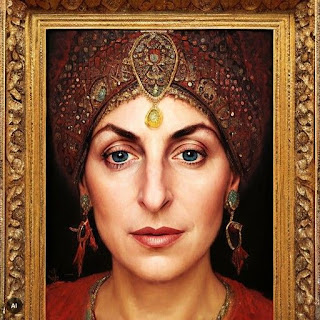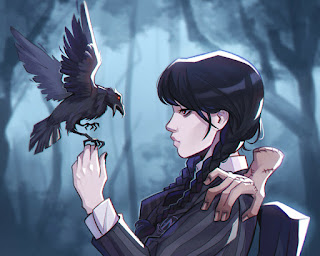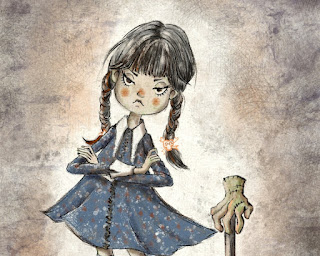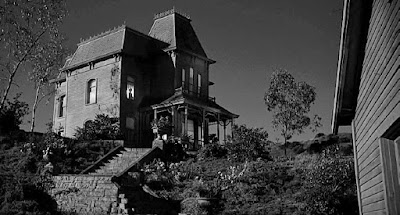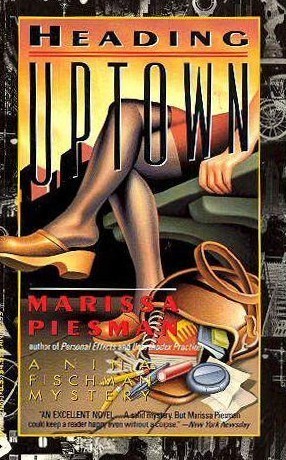Ah, yes. We get that question all the time, don't we? We write a book and immediately, the main character is always the author. Yeah. I'm a 21-year-old interstellar spy of Indonesian descent according to the scifi book I released today. Or I based that character on someone I know. Or the person asking the question. Or some celebrity.
Of course, I did. Because never, in the history of writing, has any author anywhere made something up. Well, someone had to. I'm currently reading Gilgamesh as I write this, and even characters in Greek mythology would say, "Dude, that's just too weird to be real."
That's not to say writers don't base characters on real people. Some inspire them. I had a bubbly, party girl neighbor once who became a villain in a Nick Kepler novel. But no one would mistake the character for the real person. There are even whole novels where the characters are thinly veiled versions of real people. These make up a genre known as the roman a clef.
And most of them are awful.
The most famous example is Valley of the Dolls by Jacqueline Susann. It's still a bestseller, but I can't imagine how happy Judy Garland (who died not long after the book appeared), Ethel Merman, or Dean Martin could have been when Valley hit the bestseller lists. Certainly anyone who knew Carole Landis at the time of her death squirmed reading about Jennifer North's suicide. It might have been a bestseller, but it was never a classic. In one memorable scene from Star Trek IV: The Search for Nuclear Wessels, Leonard Nimoy, playing the emotionless, unflappable Spock, can't keep the sarcasm out of his voice when Kirk rattles off the names Susann and Harold Robbins. "Ah," he says in a dry tone that does nothing to hide what Nimoy the actor is thinking, "the giants."
Jacqueline Susann did manage to sell a lot of books. But try basing a character on a real person and getting it to work in the framework of a fictional story. I have tried. I always have to either reduce the character to a walk-on, emphasizing personality traits that made this sound like a plan, or throw out the character altogether. The fact is, when I or most writers create a character, the character doesn't care where I got the idea that brought them into being. They are in a fictional world I created, and they're going to go do what they want. So, you're weird friend from high school whom you thought would make a comedic version of Jeffrey Dahmer ends up being the annoying used car salesman instead. (Actually, I think my one weird, creepy friend does sell used cars now. Bad example.)
I did successfully pull it off one time. There is a very short Nick Kepler novel in the drawer that has Nick dealing with the aftermath of Hurricane Katrina. He goes into a restaurant called Candy's Home Cooking, owned by a short, vivacious Kentucky girl named Candy. I just happened to marry a short, vivacious Kentucky girl named Candy who used to cater. It did work, but notice the book is not published and not likely to be in the near future.
I've had characters people assumed were me. Jeff Kagan from the Holland Bay series. JT Austin from my scifi. But Kagan is the son of one of the Mafia's pet cops. JT stormed out of a life of wealth and privilege only to blunder into an interstellar war. My parents were neither rich nor knew anyone in the Mafia. At least, not enough that it affected them directly. And anyway, I have more in common with Jessica Branson, the once-disgraced detective trying to revive her career. But I married a short, vivacious Kentucky girl who used to cater, not shacked up with a lovable hairy nerd.
The fact is, most characters come from the ether. There might have been a real person there in the beginning, but even obvious avatars of real people end up with their own histories. It goes back to a possibly apocryphal story about Leonardo da Vinci. Da Vinci had an enemy he so despised that, while painting The Last Supper, he put the man's face in for Judas. But he could not get the painting to work. He used a different face, and now the painting hangs in a convent in Milan that is considered a UNESCO World Heritage Site. So, if da Vinci couldn't do the roman a clef, it's probably a hard no for anyone else.
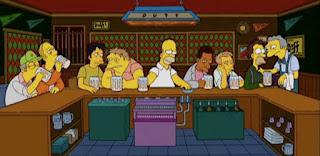 |
| Da Vinci was nearly sued by Moe over use of his bar, as well as being portrayed as Judas. Said the master artist, "D'oh!" Source: Fox |

